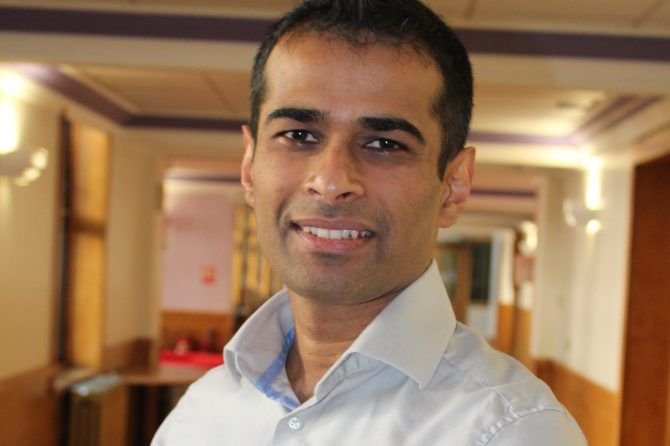 Hello my name is Mat,
Hello my name is Mat,
When we held our first West Yorkshire and Harrogate paediatric ambulatory care network (PACN) meeting in September 2019 we could never have imagined what was round the corner. Yet our shared vision across the system for children to be ’Happy, Healthy and at Home’ has been helpful in providing us with a focus and a path through the current storm.
The findings of Michael Marmot’s review published in early 2020 came as no surprise to those of us working on the frontline in adult and children’s health and social care. The unprecedented and sustained effects of COVID-19 on both sectors has shone a spot light on the weaknesses of our organisations, systems, structures and processes in keeping the nation safe and well.
It’s difficult not to be moved by the effects of the pandemic on children and young people in West Yorkshire and Harrogate and around the UK. Those of us working with children in health, care and education are witnessing the inevitable pandemic fallout of these age old inequities.
The affects are certainly going to be with us for years to come.
Yet despite the gloom there are many glimmers that fill me with hope.
COVID-19 has shaken the health system to its core but revealed its heart, seen in the dedication of staff in community services, primary care and our acute hospitals. I have seen first hand how teams have pulled together, through adversity, and found innovative and creative solutions for complex problems. There has been greater employee support with an onus on all of us to look out for each other, to show kindness and model compassion. The argument for greater provider integration is now leading to collaborative ways of commissioning services. There has been greater freedom to experiment, with an acknowledgement of successes (and failures), and a spirit to try again or take a longer term view. Technological solutions have come to the fore and professionals and those accessing services have embraced virtual consultations and trialled new ways of remote assessment and monitoring.
The Child Health in the Community (CHiC) workstream that was borne out of the PACN meeting in 2019 has explicit principles to:
- Increase engagement with children and families to co-design services
- Understand and reduce inequities and increase access for our most vulnerable groups and;
- Monitor and reduce our carbon usage.
Across West Yorkshire and Harrogate teams have been working hard on projects to provide the best possible care for sick children as close to home as possible. To better understand progress we have been meeting to agree suitable system wide metrics and to collect and share data across the Partnership. Projects currently running include:
- Standardising senior clinical review for inpatients based on Royal College of Paediatrics and Child Health recommendations (Harrogate)
- A senior clinician telephone triage service for community practitioners (Leeds)
- Specialist paediatric clinics held in community settings (Leeds)
- Hospital at home and ambulatory services (Mid Yorkshire Hospitals NHS Trust, Calderdale and Huddersfield NHS Foundation Trust and Bradford Teaching Hospitals NHS Foundation Trust)
- Community delivered mental health services (Airedale)
- The use of novel technology to provide remote clinical assessment (Mid Yorkshire Hospitals NHS Trust, Calderdale and Huddersfield NHS Foundation Trust, Airedale NHS Foundation Trust and Bradford)
- A brand new Masters level training programme for children’s nurses, entitled Enhanced Paediatric Nursing Skills (EPNS) ‘that empowers teams to provide high quality, integrated nursing care for sick children in hospital and at home’ developed in collaboration with BTHFT, Health Education England and Bradford University.
CHiC have also been keen to learn from innovations around the country for example the ‘Healthier Together‘ programme from Wessex that provides advice for parents, young people and pregnant women, and clinical resources to support healthcare professionals give consistently high-quality care; Manchester’s ‘bed tableau’ that provides real time activity reporting to help manage demand on acute services; and the British Society for Antimicrobial Chemotherapy (BSAC) pathways to improve antibiotic stewardship and promote ambulation for common childhood infections presenting to hospital.
Yet despite these initiatives perhaps the most important ‘discovery’ to emerge from the pandemic has been the realisation that our health and wellbeing is primarily a social, economic, environmental and political matter not a medical one. The NHS can therefore never be the ‘solution’ to the health needs of our diverse communities in West Yorkshire and Harrogate. Instead the NHS should focus on supporting and advocating for local people and communities to find solutions to maintain and promote good health and wellbeing.
Our second PACN meeting in December 2020 aimed to highlight the strengths to be discovered in our places. It was a privilege to co-host the event with Nubi a final year behavioural sciences student from Huddersfield University. Nubi gave an inspiring talk on her experience of becoming an expert patient and told us about her role as a Disabled Student Ambassador. We heard about how she was advocating for her own health and she shared the many ways she was challenging preconceptions and prejudice.
We also heard from Tahira who had set up a community garden and allotment that had become a haven for her neighbourhood and a place for sharing practical ideas on healthy eating and exercise. We heard from Haris on how he was using the NHS Youth Forum to transform local services and from Huma, Rebecca and Sonjia on using their personal experiences to support and care for young people in their area.
Our role as health professionals in the coming years will be to discover and harness what’s already happening in our places, to support and advocate for our local ‘activists’, and rather than focussing on trying to invent new solutions, to become the supporting structure that allows transformation to happen in our streets, schools and neighbourhoods.
Have a safe weekend and thank you for reading,
Mat


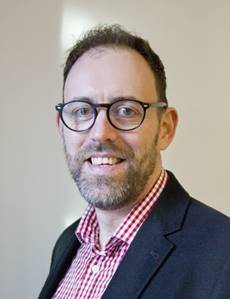
 The Clinical Forum met virtually on Tuesday. The meeting was chaired by
The Clinical Forum met virtually on Tuesday. The meeting was chaired by  Our Partnership alongside the Local Resilience Forum, West Yorkshire Prepared, hosted ‘The Shielding Experts’ webinar on Wednesday, providing a valuable opportunity to listen to people about their experiences of shielding, including Connie from Leeds who welcomed the opportunity to share her story as part of the session. Over 100 attendees heard insight from research and colleagues to inform our health and care practice. The aim is to support people who live and work across West Yorkshire and Harrogate to put the right conditions in place to enable those with the highest clinical risk to stay happy, healthy and safe.
Our Partnership alongside the Local Resilience Forum, West Yorkshire Prepared, hosted ‘The Shielding Experts’ webinar on Wednesday, providing a valuable opportunity to listen to people about their experiences of shielding, including Connie from Leeds who welcomed the opportunity to share her story as part of the session. Over 100 attendees heard insight from research and colleagues to inform our health and care practice. The aim is to support people who live and work across West Yorkshire and Harrogate to put the right conditions in place to enable those with the highest clinical risk to stay happy, healthy and safe.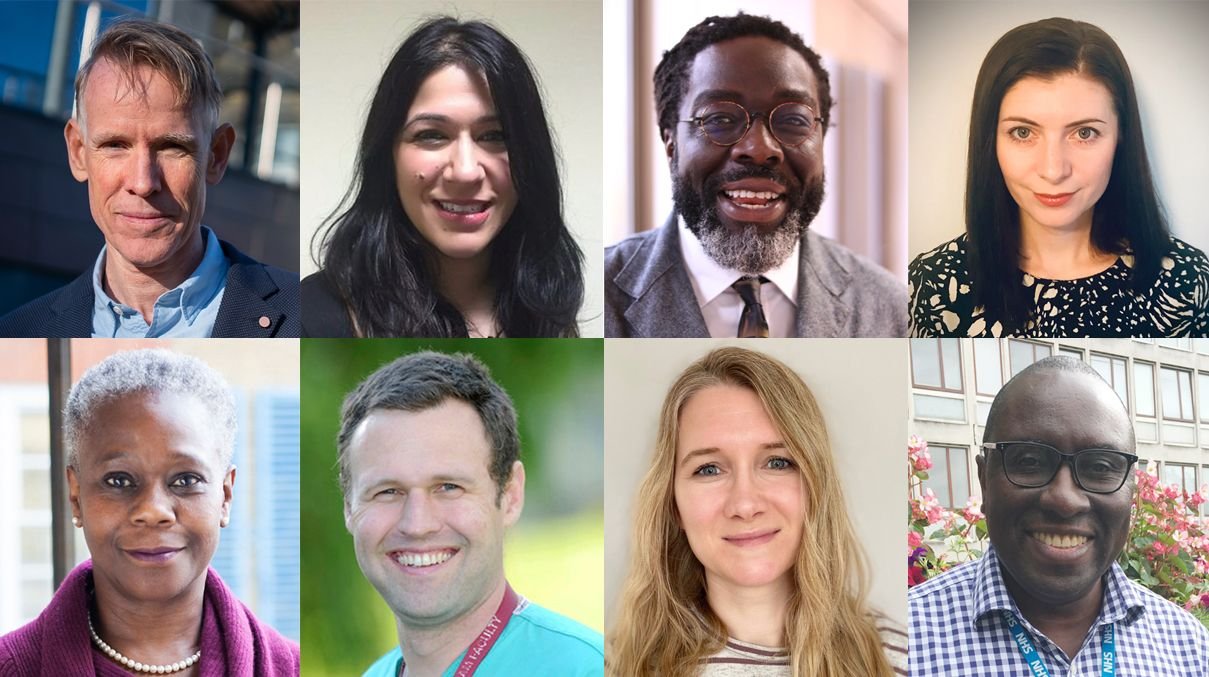 Over 400 colleagues from across the area and beyond took part in a three day event this week with a stellar line-up of regional and national experts for its Health Inequalities Academy launch.
Over 400 colleagues from across the area and beyond took part in a three day event this week with a stellar line-up of regional and national experts for its Health Inequalities Academy launch.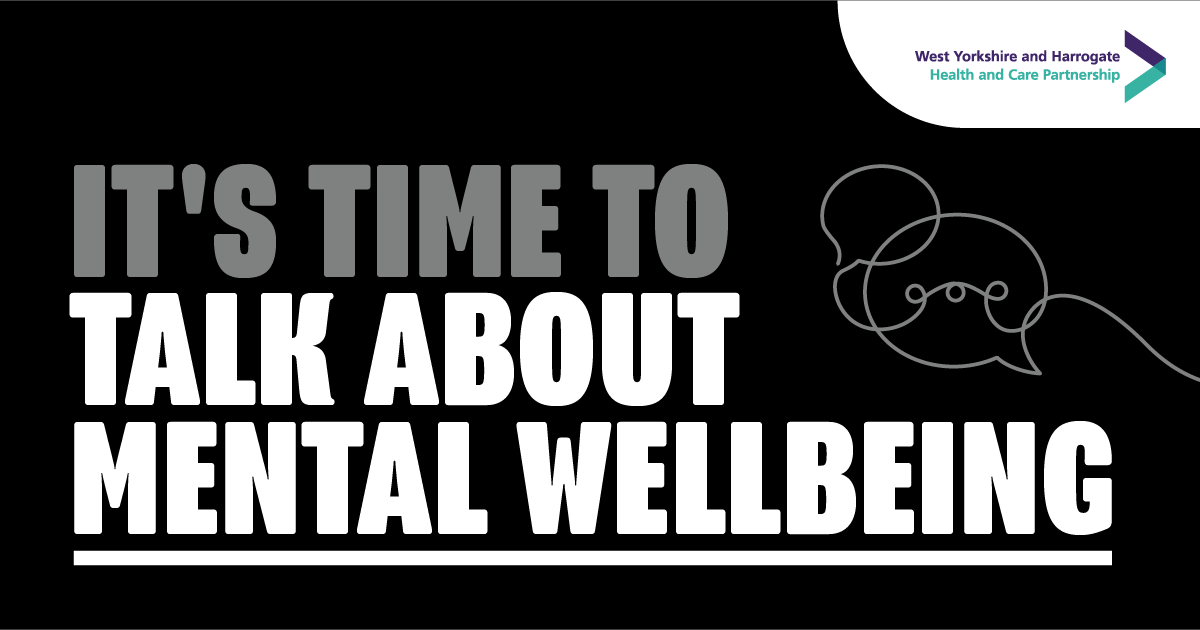
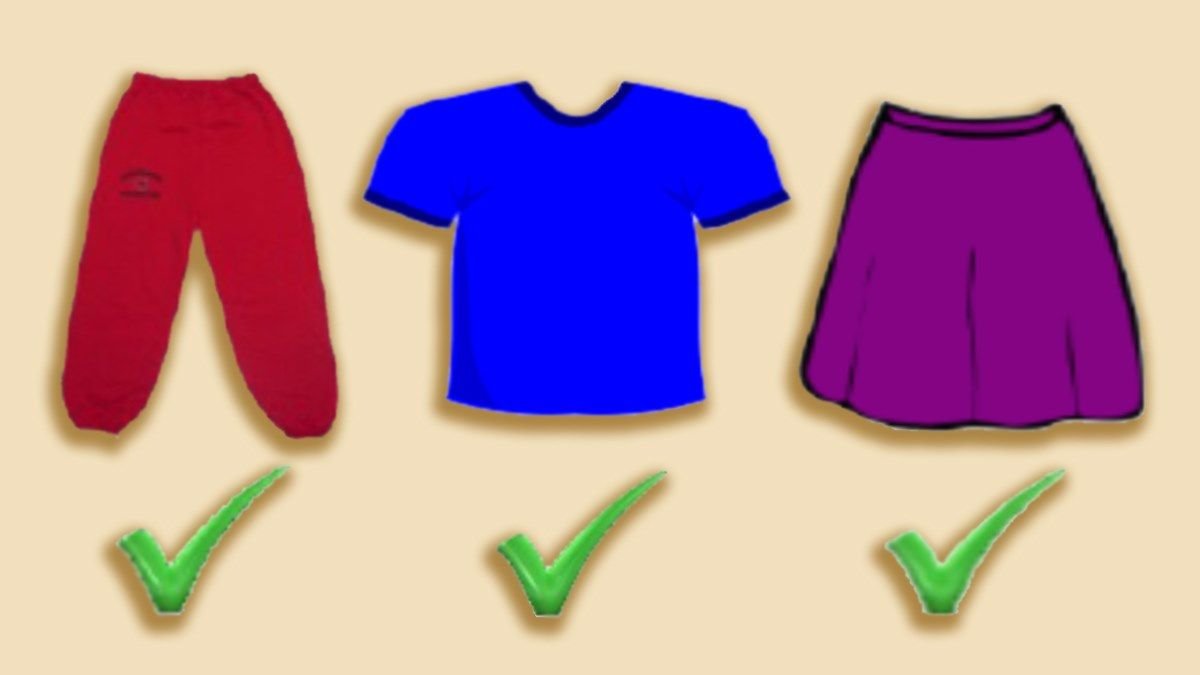 We know that many people have privacy or dignity issues with hospital gowns and prefer not to wear them. Sometimes, having to wear a hospital gown for a scan or examination is necessary but in most cases, people can wear their own clothes. Working with the
We know that many people have privacy or dignity issues with hospital gowns and prefer not to wear them. Sometimes, having to wear a hospital gown for a scan or examination is necessary but in most cases, people can wear their own clothes. Working with the